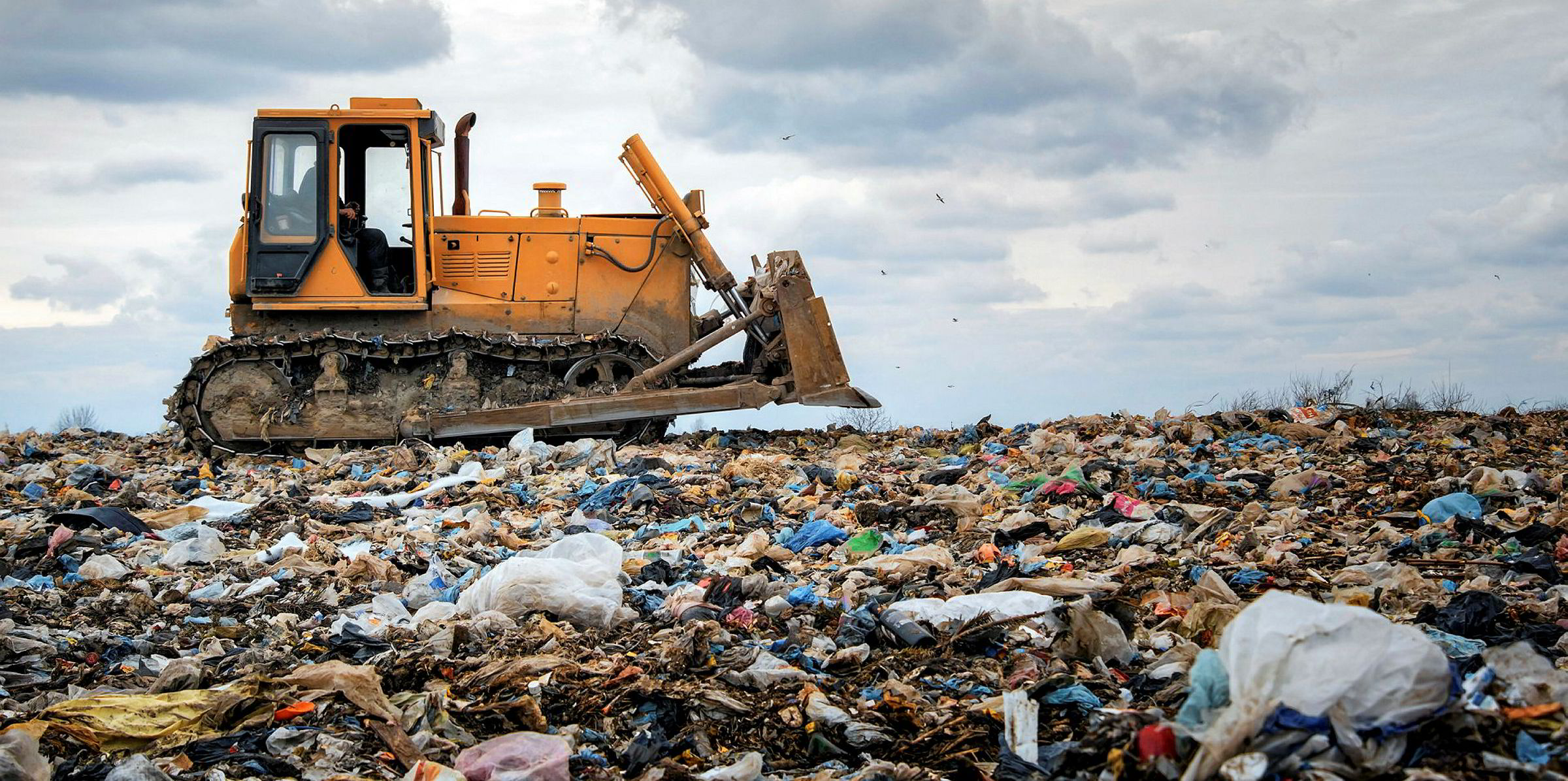This December, India took over the Group of 20 presidency. The world’s third-largest emitter is expanding its transition strategy beyond solar development and into emerging fields such as hydrogen.

Current Energy Situation and Future Forecasts
- India is the only country that has kept its Paris Agreement (21st Conference of Parties or COP21 to the United Nations Framework Convention on Climate Change) commitments, with an exponential increase in renewable energy capacity.
- Renewable energy: It is expected that by 2050, 80-85 percent of India’s total power capacity will come from renewables if the nationally determined contributions commitments are met.
- Reducing the use of fossil fuels: India has committed to increasing the share of non-fossil fuels in total electricity generation capacity to 40% by 2030.
Hydrogen energy: Potential
- 6 million tonnes of hydrogen: Each year, India consumes approximately six million tonnes of hydrogen to produce ammonia and methanol in industrial sectors such as fertilizers and refineries.
- Rising hydrogen demand: This could rise to 28 million tonnes by 2050, owing primarily to increased industrial demand.
Promotion of Green Hydrogen
- Search for generating technology: Since the Union Ministry of New and Renewable Energy (MNRE) announced that it is time for green hydrogen, private players have been looking for new generating technologies.
- With the challenges of electrolyzer capacity for generating green hydrogen globally, finding alternatives to foster green hydrogen in the country is critical.
- Central government incentives: The central government, as the primary enabler of such projects, has been developing new initiatives, policies, and schemes to unlock the potential of green hydrogen generation and increase demand for it.
- Rational resource utilization: The country’s long-term low-emission development strategy, which was submitted to the UNFCCC at COP27, was centered on the rational utilization of national resources for energy security in a just, smooth, and sustainable manner.
- Partnership with a private player: The Pune Municipal Commission (PMC) has partnered with business management consultant The Green Billions (TGBL) to manage its waste and convert it into usable green hydrogen. Variate Pune Waste to Energy Private Ltd, a special purpose vehicle or subsidiary of TGBL, will carry out the work.
- Waste management: The new hydrogen-generation facility will address major issues such as inefficient waste management and carbon emissions. Waste management is one of the most pressing issues in the country, and it is blamed for pollution in the environment.
- Reducing carbon emissions: Pune, Maharashtra’s second-largest city, is home to numerous industries, including steel, fertilizers, and pharmaceuticals. In 2017, the city’s emissions increased by 12% to 1.64-tonne carbon dioxide equivalent (tCO2Eq) per capita, up from 1.46-tonne tCO2Eq per capita in 2012.
How Hydrogen will be generated?
- For the next 30 years, Variate Pune Waste to Energy Private Ltd will manage and utilize 350 tonnes per day (TPD) of municipal waste to generate hydrogen. This waste will be made up of biodegradable, non-biodegradable, and household hazardous waste.
- Technology for plasma gasification: The waste’s Refuse-Derived Fuel (RDF) would then be used to generate hydrogen via plasma gasification technology. The technology was created in collaboration with Bhabha Atomic Research Institute (BARC) and Indian Institute of Science, Bengaluru.
- 9MT Tonnes of H2: It is estimated that 350 TPD waste would generate 150TPD RDF and 9MT tonnes of H2.
- Decarbonization of the city: The hydrogen produced at the facility will be used locally to assist the city in lowering its emissions. As the Centre focuses on industrial decarbonization and the challenges of just transition, the project has the potential to be a game changer in assisting industries in reducing carbon emissions.
@the end
In India, where the hydrogen industry is still in its infancy, it is critical to keep hydrogen prices competitive in order to expand its use in various sectors. TGBL will work on this by making hydrogen more affordable and easier to switch in the transition period.
Source: https://www.downtoearth.org.in/blog/energy/india-is-all-set-to-go-for-its-first-waste-to-hydrogen-project-86823
